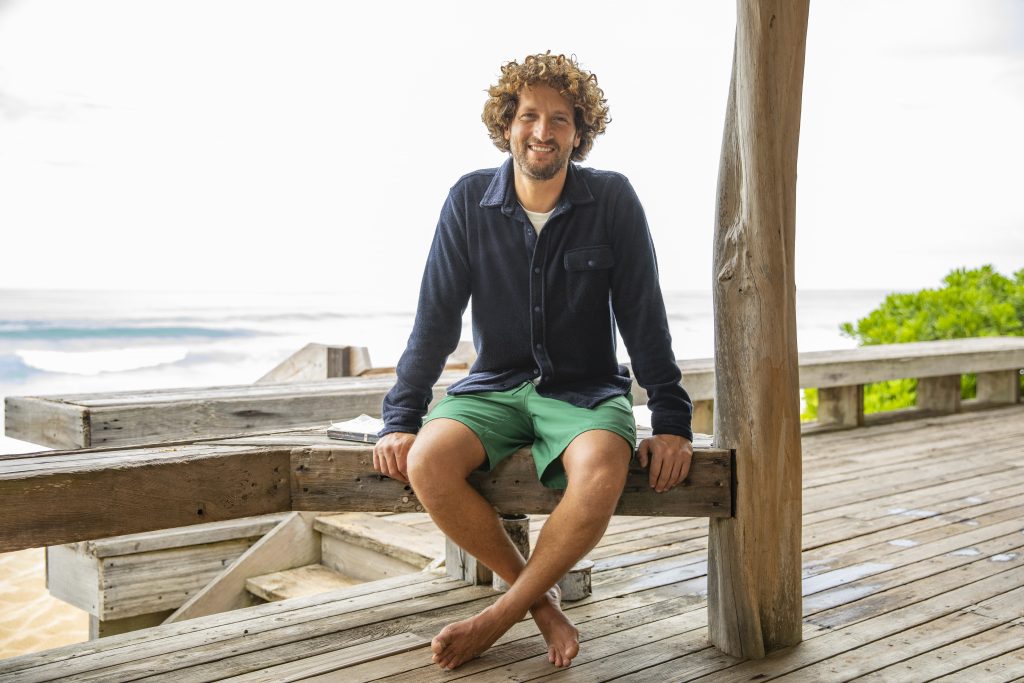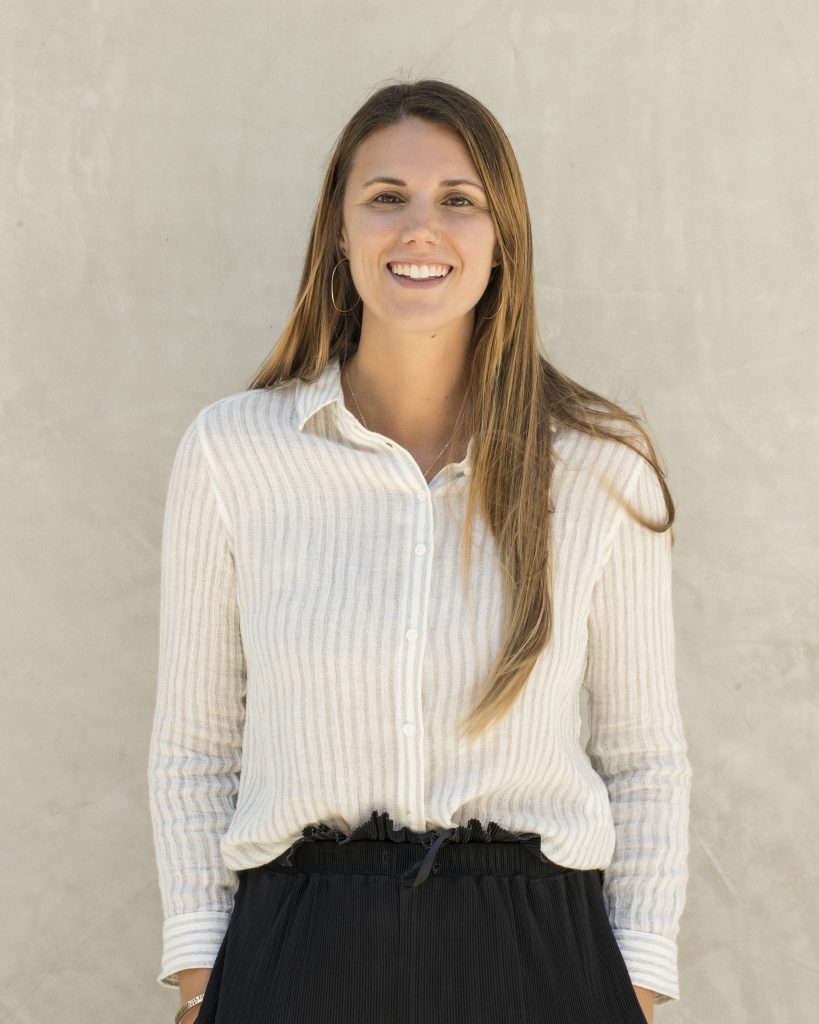OUTERKNOWN COMMITS TO CIRCULARITY BY 2030


Coastal lifestyle brand Outerknown has committed to full circularity by 2030, designing to eliminate waste and pollution and ensuring its apparel can be kept in use as long as possible.
The company said its product will be crafted for increased longevity and eventual disassembly, created with 100 percent circular materials and trims, and made to be renewed and reused, or fully recycled once worn beyond repair.
Founded in 2015 by 11-time World Champion surfer Kelly Slater and creative director John Moore, Outerknown has pioneered social and environmental sustainability since inception – from abiding by FLA standards before ever selling a stitch of clothing, to investing in and bringing Econyl to market, turning ocean pollution into buttons, and prioritizing preferred fibers (in 2019, over 95 percent of the fibers used were recycled, regenerated, or organic). They strongly believe the crucial next step for the industry is constructing a circular economy.
A key milestone Outerknown plans to reach by 2025 is 75 percent of fabrics and 50 percent of products made will be circular and regenerative according to industry guidelines. By 2030, 100 percent of products will be circular.

In order to build circular models, Outerknown will continue to be an innovation catalyst for the fashion industry. Outerknown will expand its partnerships to advance commercialization of emerging circular technologies, materials, and guidelines.
The brand plans to invest in and support the development of five emerging circular technologies and innovations to share industry-wide. The company said it will pilot and/or scale 10 circular technologies and innovations to share industry-wide and will serve as a key catalyst and leader for the top three industry working groups at the forefront of circular innovation and advancement.
Outerknown believes that circular innovations are only significant if they are rooted in fair labor practices. That being said, Outerknown plans to build upon an already rigorous Fair Labor program – which includes Tier 1 and Tier 2 suppliers — by going beyond workers’ rights to truly improve livelihoods and further expand supplier transparency. It will disclose Tier 1 through Tier 4 suppliers, going well beyond the industry’s standard for transparency. All Tier 1 suppliers will have programs that include direct worker involvement and that demonstrate their commitment to improving the livelihoods of workers.

Director of Sustainability and Sourcing, Megan Stoneburner Azim, joined the team in 2019 to spearhead this 2030 strategy. “While there are a few suppliers and programs with circular solutions for fabrications or product categories, these innovations must be fast-tracked and scaled,” she told MR. “We are working with several of these companies to help pilot and scale their solutions so they can be adopted industry-wide. Generally, there needs to be a massive upheaval of supply networks across the industry. While we have set these milestones as a brand, our true goal is for industry-wide, systemic change which can only happen by brands and companies working together to drive collection action.”
When asked if other brands could adapt these circular practices, Stoneburner Azim said: “It will require a lot of work and relentless attention — brands must shift the way they design, sell, reuse, recycle, and upcycle every piece of clothing, all while working to shift the habits and mindsets of their customer base. The entire system must evolve. We are encouraged seeing consumer values start to coalesce with our mission to protect people and the planet, and it may prompt more brands to make these investments. Hopefully the work we are doing will help other brands adopt these circular models and see that clothing can contribute to a world where people, the planet, and business prosper.”








